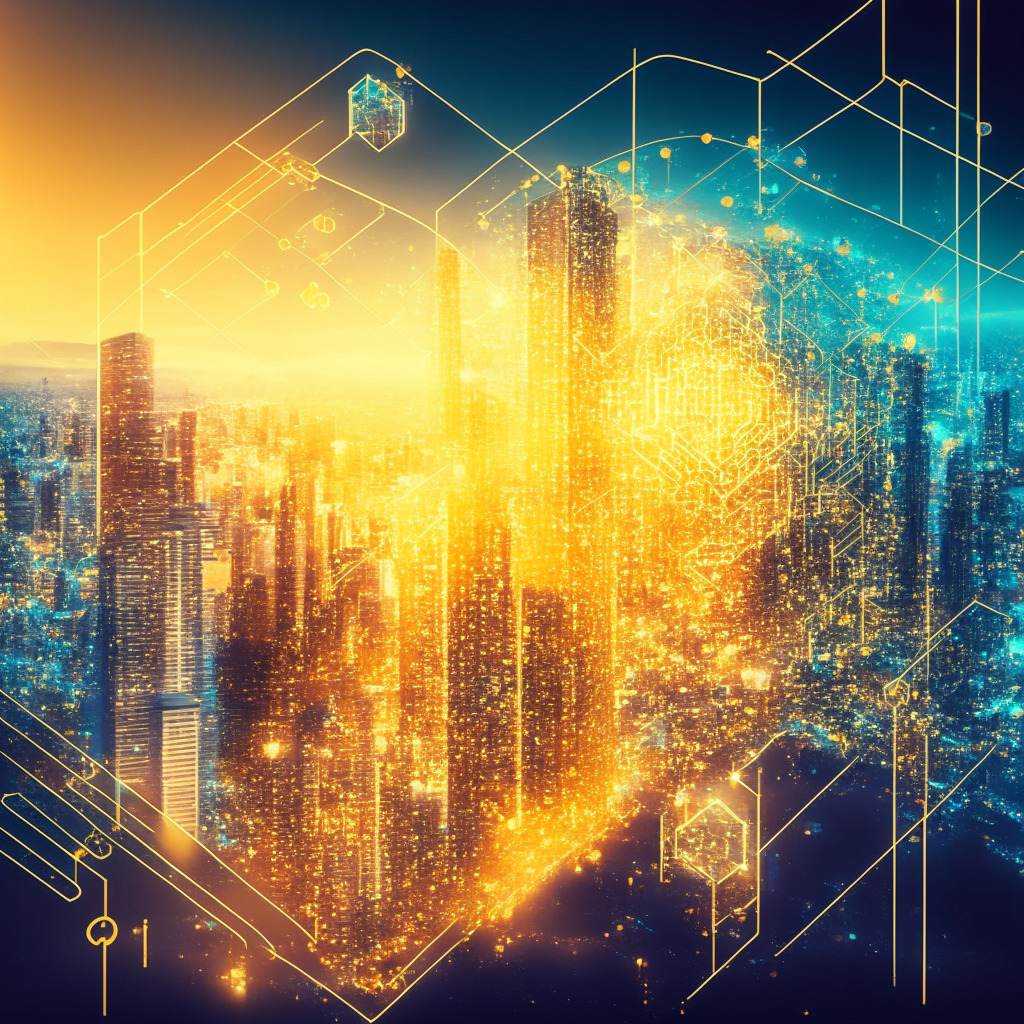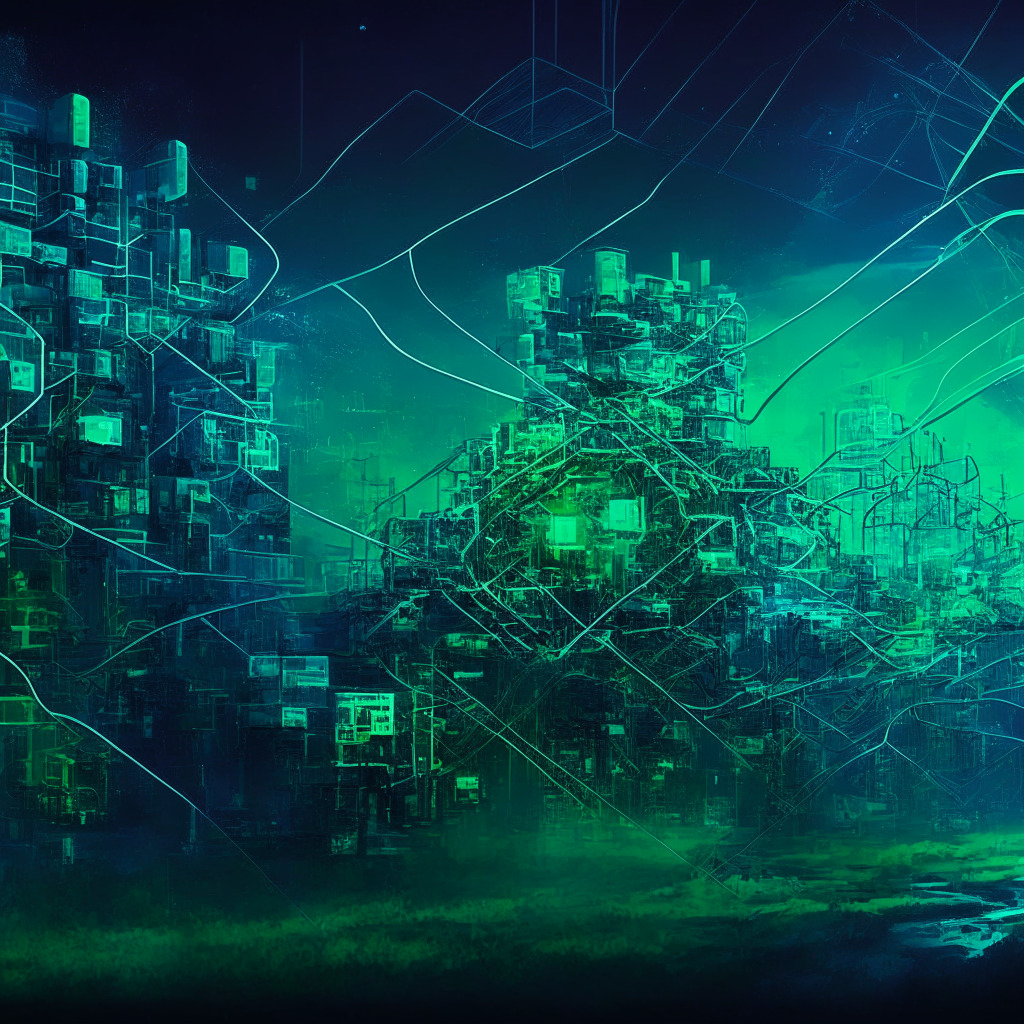The fusion of artificial intelligence (AI) and blockchain technology promises to revolutionize industries, and smart contract execution is one of the key areas set to benefit. As AI rapidly improves, including advancements in natural language processing (NLP) and machine learning (ML), it holds immense potential to enhance the functionality of blockchain networks and optimize smart contract development and automation.
Blockchain networks are inherently decentralized, which, while promoting transparency and trust, also introduces challenges in scalability and efficiency. AI can address these pain points by optimizing data processing and storage. For instance, AI algorithms can prioritize transaction processing, enable faster confirmation times, and detect network congestion patterns, ensuring the blockchain remains adaptable and maintains peak performance.
Moreover, AI can augment the integrity of blockchain networks by detecting fraudulent activities. ML algorithms can analyze transaction data to identify suspicious behavior and flag malicious actors preemptively, fostering a trusted network.
In the realm of smart contracts, AI has the potential to dynamically adjust these self-executing agreements, which are often rigid because they are encoded on the blockchain. By enabling adaptation to shifting conditions and assimilation of new information, AI ensures intricate and context-aware agreements cater to the involved parties’ requirements.
Furthermore, AI can vastly improve dispute resolution in smart contracts, resulting from misinterpretations, errors or disagreements between parties. By evaluating and interpreting contract terms, AI can independently assess and potentially resolve issues before contract execution. Additionally, AI’s predictive analytics capabilities can provide invaluable insights to the drafting and negotiation of smart contracts, tailoring them to parties’ specific needs and mitigating risks.
However, there are inherent concerns embedded in the rapidly evolving blend of AI and blockchain technology. One potential downside is the increased dependence on AI algorithms and models, which can be exploited if adequate security measures are not in place. As both AI and blockchain technologies continue to advance, it is crucial to ensure the data and algorithms powering the systems are transparent, secure, and trustworthy.
In conclusion, the convergence of AI and blockchain technology heralds a new era in smart contract execution and network functionality. As intelligent, secure, and streamlined ecosystems emerge, the collaboration of AI and blockchain offers unprecedented benefits for users. Observing the advancements and challenges, it is crucial for developers and enthusiasts alike to recognize the potential pitfalls and navigative measures that this partnership entails.
Source: Cointelegraph




